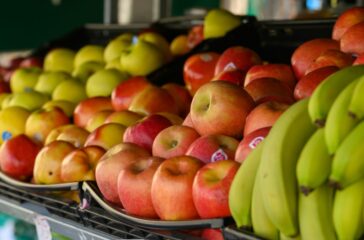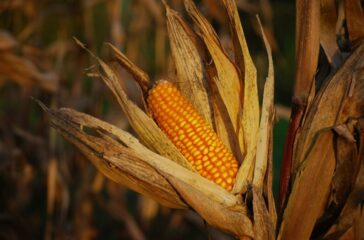The growing cancer crisis in young adults and a call to action
By Dr. Raphael Cuomo
Over the past several decades, cancer has been predominantly viewed as a disease of aging. Conventional wisdom suggests that the longer we live, the more opportunities our cells have to accumulate genetic mutations that can eventually lead to malignancies.
 EWG
EWG



